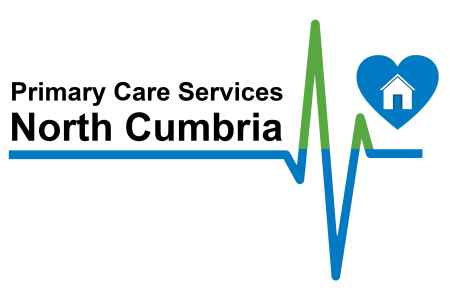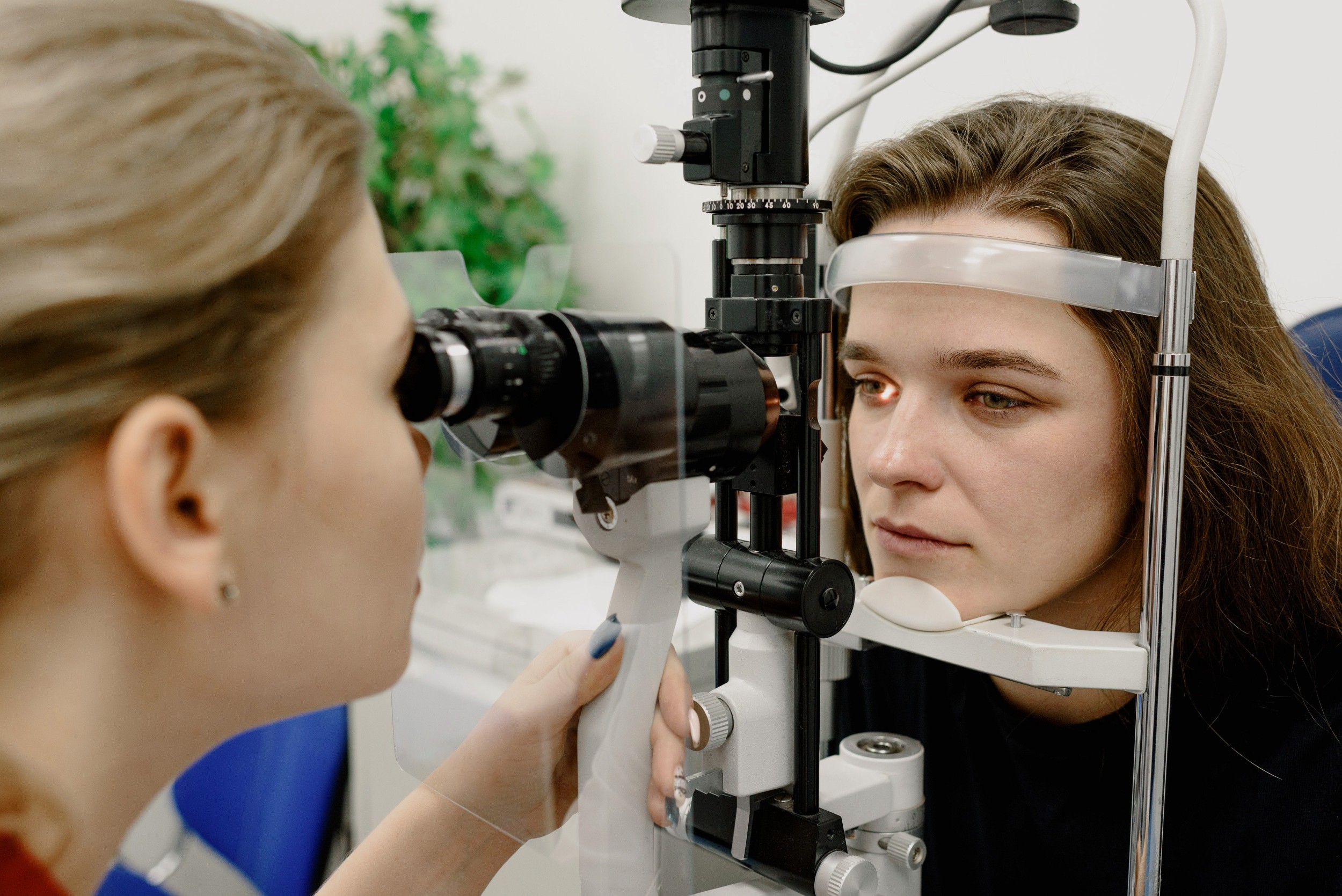Sight test resources
Resources for patients designed to inform and explain who is eligible for an NHS sight test, who’s who in their optical practice, what happens at a sight test and what their prescription means are available here on the Association of Optometrists website.
Information on children's eye screening and tests
Information is available here in regards to NHS eye screening and tests for children. This includes details on eyedrops, why children don't need to be able to read to have a sight test and other further resources.
Eye healthcare professionals explained
Dispensing opticians fit spectacles. They give you advice on types of lenses, such as single-vision, bifocal (lenses with 2 distinct optical powers) or varifocals and help you choose the most appropriate frames. As a registered healthcare professional they can supply spectacles to children under 16.
A dispensing optician can recommend the best optical aid for different hobbies and occupations or if you have problems with bright lights or driving in the dark. They also give you advice about wearing and caring for your glasses or contact lenses. Some dispensing opticians can also fit and prescribe contact lenses and low vision aids.
As part of the clinical team in your optical practice they can advise on common eye complaints and refer those who need emergency care.
An optometrist prescribes spectacles or contact lenses for blurred vision caused by Myopia (short sight), Hypermetropia (long sight), Astigmatism (rugby ball shaped eyes) and Presbyopia (when eyes age and need help to focus on near objects). They also check your eye movements and co-ordination. Test colour vision and visual fields.
They are trained to examine the internal and external structures of your eyes to detect abnormalities including conditions such as glaucoma, macular degeneration and cataracts. If necessary, the optometrist will refer you to your GP or a hospital eye clinic for further investigations. They can also give you lifestyle advise to keep your eyes as healthy as possible.
Ophthalmologists (eye surgeons) are doctors that specialise in the medical and surgical care of the eyes and visual system.
They also look into the prevention of eye disease and injury. An ophthalmologist treats people of all ages, from premature babies to the elderly.
Conditions dealt with in ophthalmology can include eye trauma, cataracts, diabetic eye conditions such as diabetic retinopathy, as well as congenital and genetic eye problems.
Orthoptists are specialists in squints and eye movement disorders. They investigate and identify problems relating to the development of the visual system, including:
- squint and lazy eyes in children (orthoptists often do vision screening of children in schools and community health centres)
- adults with learning difficulties
- adults with double vision or a binocular vision problem



